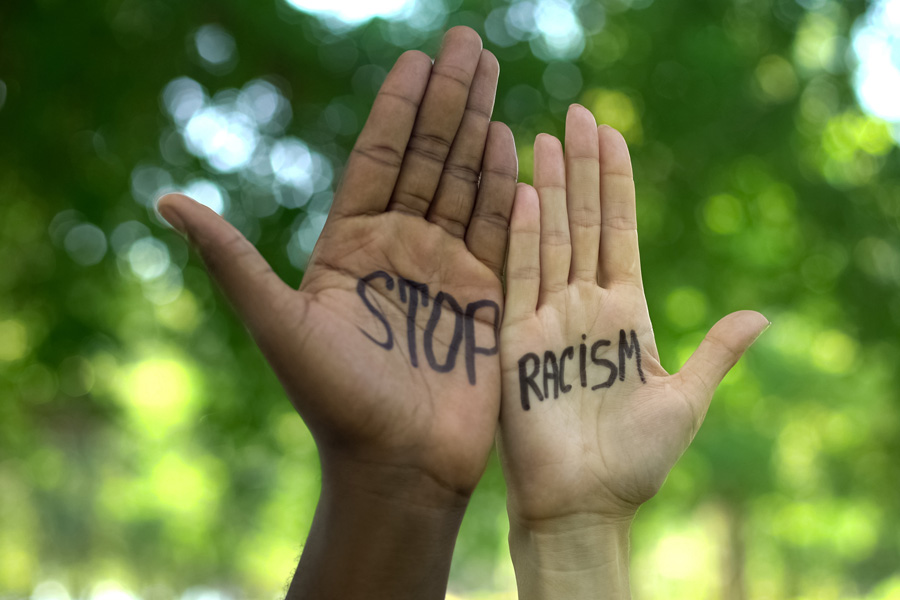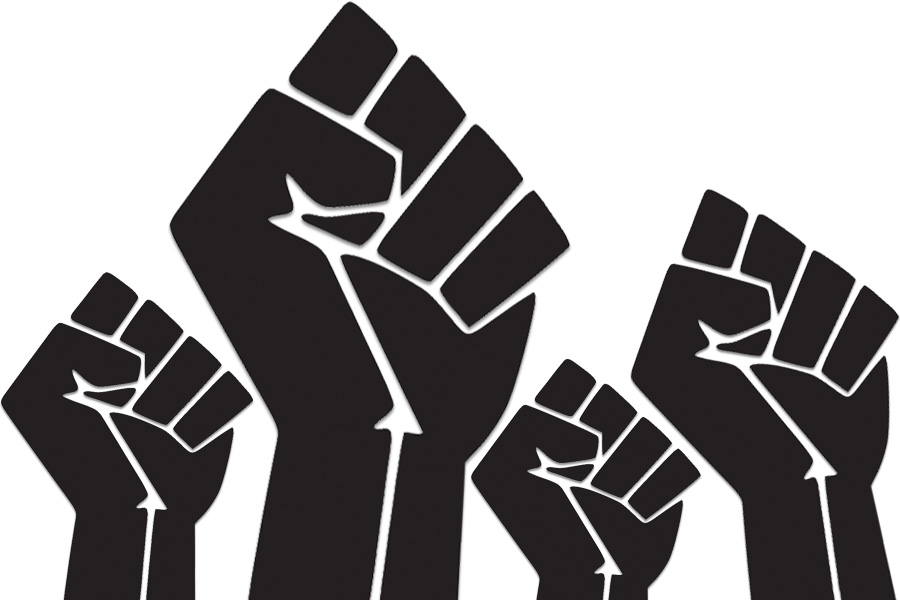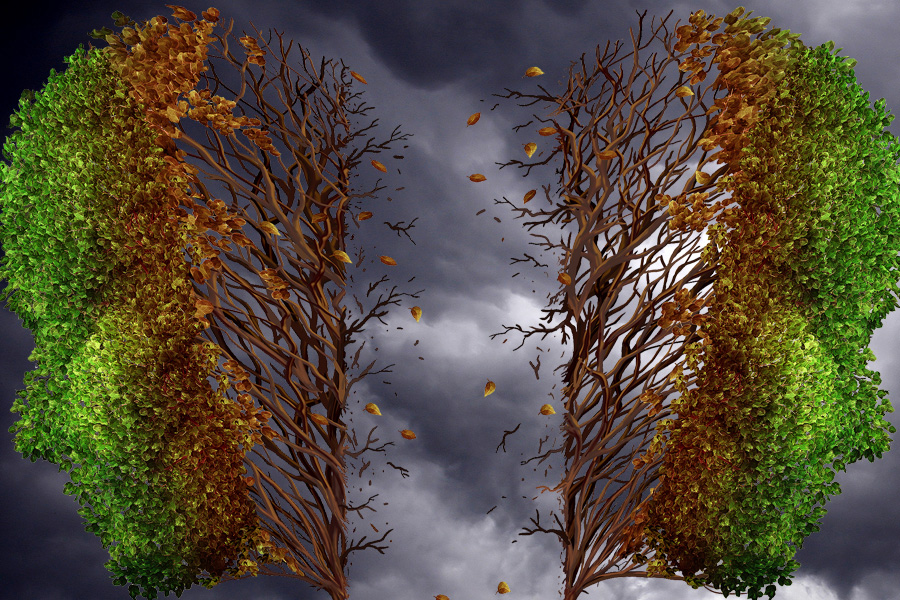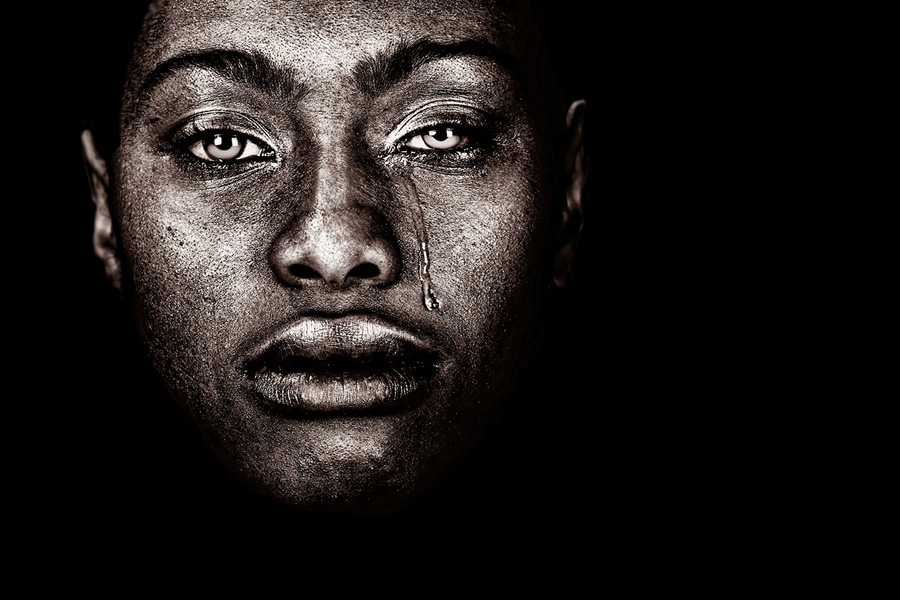Multiplicity Commons No. 4
Speaking Up, Finally
by Susan Barry-Schulz

I am by no means an expert on racial justice issues. I grew up in a mostly white town and moved to another mostly white town in the Hudson Valley region of New York State with my husband and our newborn daughter 25 years ago. Not long ago I would have considered myself a “nice” person who “treats everyone the same” and left it at that. Coming of age in the northern suburbs of Buffalo in the 1970s and 80s, I was socialized to avoid any discussions that could cause discomfort or tension. But in recent years I have found myself belatedly driven to answer this question: What does it really mean to be white in America?
There are many people much smarter than I am who have long pointed out that the key to making real progress on the problem of racism in this country lies in the willingness of white people to honestly consider and acknowledge the answer to that question. I don’t know why it took me so long to ask it.
After reading Debby Irving’s Waking Up White, I continued to explore the concept of whiteness as a racial identity in America by reading books on race theory and racism, including Ijeoma Oluo’s So You Want to Talk About Race and Ta-Nehisi Coates’ Between The World and Me. I listened to podcasts such as Scene on Radio’s Seeing White and attended lectures by speakers directly addressing these issues. But as a poet myself, I found it just as important to read literature and poetry by people of color. Which writers are included in our school curriculums? Whose voices are we not hearing? How do we challenge the ideas of what is considered literature? Who makes these decisions?
As I read, listened, and reflected, it became more and more apparent to me that our nation’s past and current policies have a direct impact on opportunities for equal access to loans, housing, healthcare, fair pay, education, criminal justice, and representation in the arts—all rights and benefits that I, a white person in America, have had the privilege of taking for granted. Until now. It has been painful to recognize the ways in which I, through silence and inaction, have been complicit in the systemic racism that persists in this country and that continues to hold all of us back from reaching our full potential as a society. There is, however, no progress to be made, no benefit to anyone in centering my discomfort.
At the Democratic National Convention in August, Kamala Harris said, “Years from now, when this moment has passed, our children and our grandchildren will look in our eyes and ask us, ‘Where were you when the stakes were so high?’ And we will tell them, not just how we felt, but what we did.”
I am hoping I can do better and the first thing I must do is to speak up. Even—especially—when it is uncomfortable.
About the Writer
Susan Barry-Schulz is a poet and licensed physical therapist. Her poetry has appeared in The Five-Two, The Wild Word, SWWIM, Shooter Literary Magazine, Barrelhouse online, South Florida Poetry Journal, The New Verse News, Panoply, and elsewhere. She is a member of the Hudson Valley Writer’s Center and lives in a lake neighborhood in Putnam County, New York with her husband and one or more of her three adult children. It all depends.



